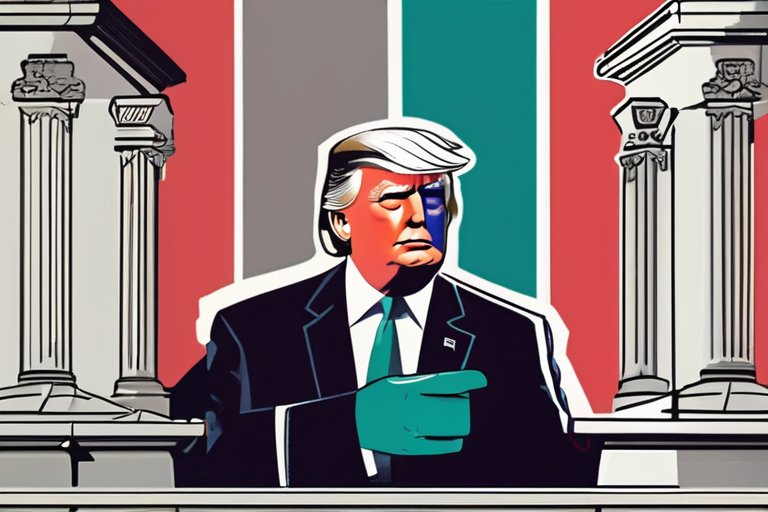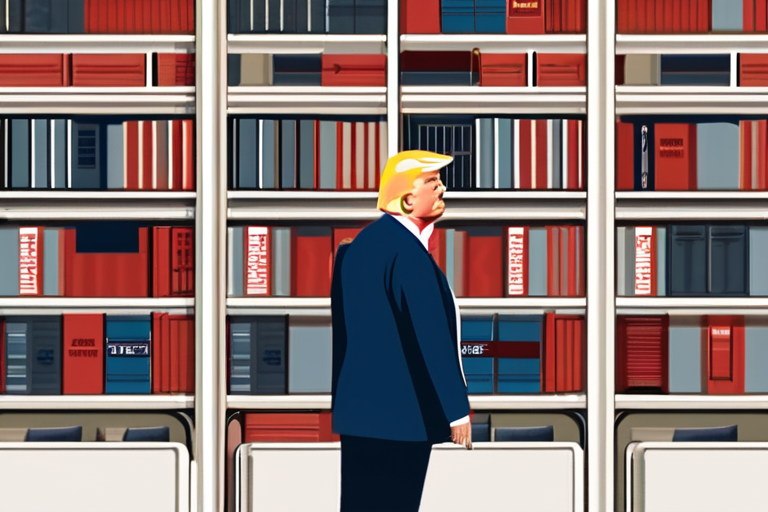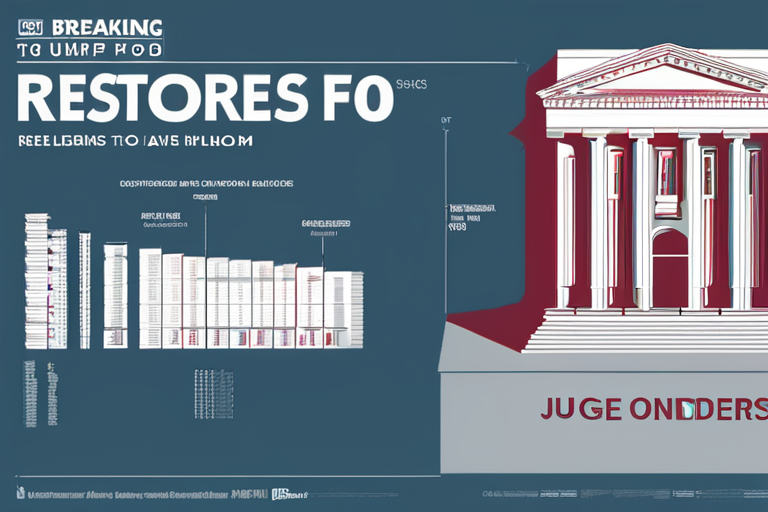Universities Face Trade-Off: Compliance for Preferential Treatment Under Trump Compact


Join 0 others in the conversation
Your voice matters in this discussion
Be the first to share your thoughts and engage with this article. Your perspective matters!
Discover articles from our community

 Hoppi
Hoppi

 Hoppi
Hoppi

 Hoppi
Hoppi

 Hoppi
Hoppi

 Hoppi
Hoppi

 Hoppi
Hoppi

Trump's Shift on Chinese Students Sparks Backlash from MAGA Base In a surprise move, President Donald Trump announced on Monday …

Hoppi

Trump Administration Offers Universities a Choice: Comply or Risk Crippling Funding The Trump administration has sent a proposal to nine …

Hoppi

Breaking News: Colleges Scramble as Trump Cuts Lifeline for Migrant Students The Trump administration has halted funding for the College …

Hoppi

Charlie Kirk's Murder Fuels New MAGA Attacks on Higher Education The murder of Charlie Kirk, a prominent figure in the …

Hoppi

MAGA Movement Targets Higher Education in Wake of Charlie Kirk's Murder The murder of MAGA influencer Charlie Kirk has sparked …

Hoppi

BREAKING NEWS Federal Judge Orders Trump Administration to Restore $500M in Funding to UCLA Amid Urgent Funding Crisis A federal …

Hoppi